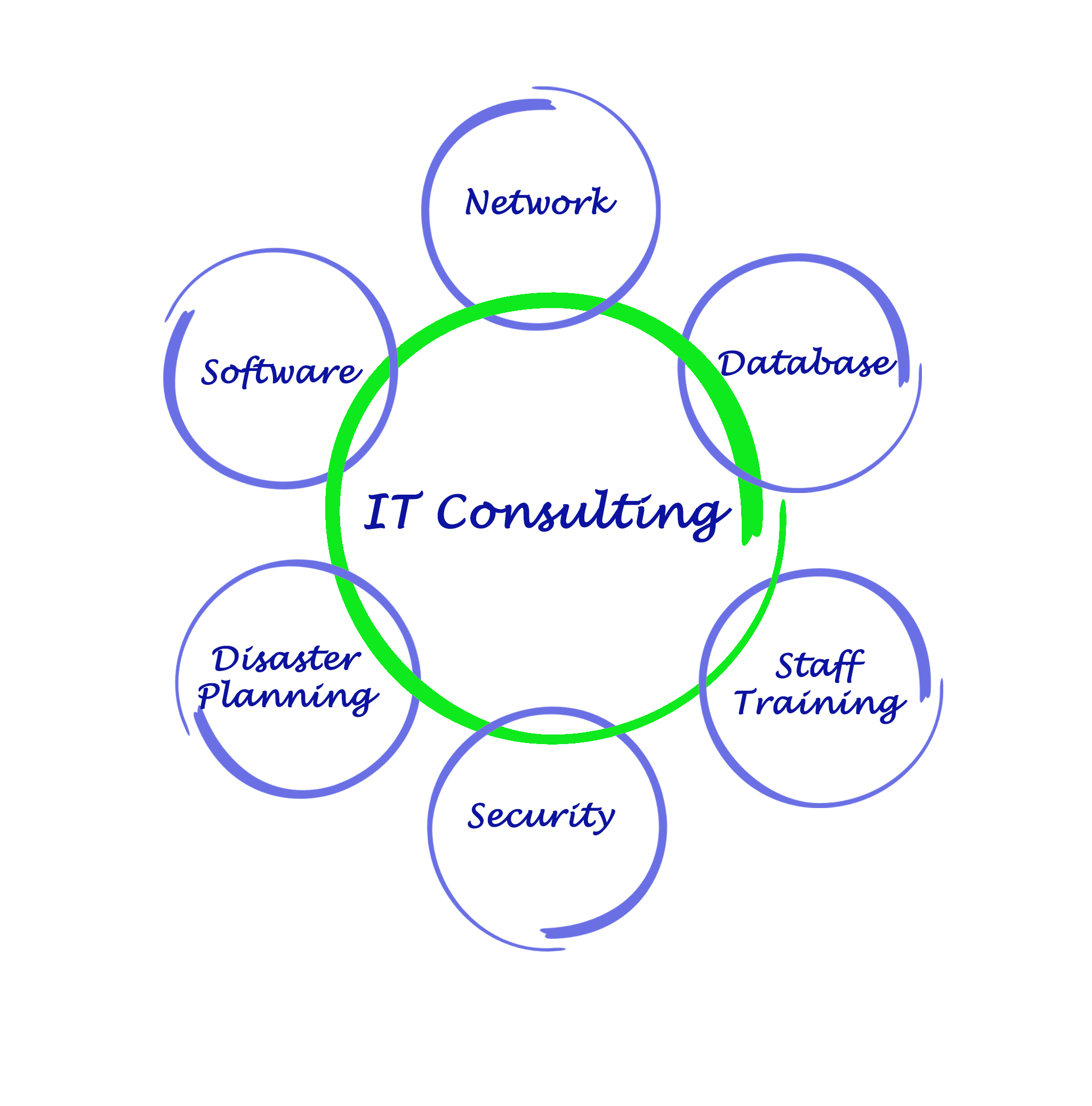
A career as a software engineer requires an understanding of software development processes, modeling and structuring problems, and translating end user requirements into technical requirements. They also need to be able test and build software. Typically team-oriented and project-based, a software engineer's role is to contribute to the life cycle of a piece of software from initial concept to final deployment. This article will outline the fundamental skills needed to succeed in this area.
Job description
To attract the best candidates, create a compelling job description for a software engineering job. There are many ways to create a software engineers job description, no matter if you are looking for a full time job or a contract job. Before you hire a software engineer, think about what your company is trying to accomplish. Maybe your goal is to revolutionize finance with machine learning. Or maybe you are looking for technical solutions that will scale growth. Whatever reason you have, your job title should reflect the purpose of your role.

Salary
There are many factors that affect the salary of a software engineer. It is important to consider the work type and the location of your employer. The average salary for this position is calculated over a two month period. The 2018 federal and state tax tables are used to calculate taxes. There might be additional taxes in certain metropolitan areas that aren't considered. The information contained in this article is for informational purposes only and is not intended to provide prescriptive financial advice.
Career paths
Software engineers have many options for career paths. They may opt to become contract or freelance workers. Each type offers unique opportunities for growth. The US Bureau of Labor Statistics classifies both types of software developers as engineers. These are some common pathways for software engineers. These careers often begin as entry level engineers. However, as they gain experience and become more skilled, they can move on to more senior roles. For example, software developers may become a senior software engineer, a project manager, or a chief technology officer.
Education is necessary
It is easy to get a job as a software engineer. Software engineers maintain and develop programs for various apps. Many of these programs revolve around relational database and require strong analysis skills. Other programs may use non-relational data sources such as Mongo DB (popular among web developers) and BigTable (popular among web designers). A high quality degree program will highlight logical decisions, written and verbal communication, professionalism, ethics, customer service, professional ethics and written communication. You can begin studying to become a software engineer if you already have a degree in computer science.

Work environment
Software engineers often work behind a PC for long hours. They communicate constantly with colleagues and must explain complex programs to those who are not familiar with software development. Computer use can cause eye strain, backache, and carpal tunnel. It is important to have a work environment that encourages creativity. Employers are sometimes willing to offer perks in order to attract developers. Listed below are some of the best features of a software engineer's working environment.
FAQ
What types of jobs are available as a consultant?
A job as a consultant requires you to have an excellent understanding of business strategy and operations. You need to be able to comprehend how businesses function and how they fit in with society.
To be successful as a consultant, you must have strong communication skills and an ability to think critically.
Consultants must be adaptable because they may be asked to do different tasks at different times. They must be flexible and able to change directions quickly if needed.
They should be willing to travel extensively on behalf of their clients. This type of work can take you all around the globe.
They must also be able handle stress and pressure well. Consultants may sometimes be required to meet tight deadlines.
Consultants might be required to work long hours. This can mean you might not always receive overtime compensation.
How can I select a consultant?
There are three main factors to consider:
-
Experience - How experienced is the consultant? Are they a beginner, intermediate, expert, or some other level? Does her resume demonstrate that she has the required skills and knowledge
-
Education – What did the person learn in school? Did he/she pursue any relevant courses once he/she graduated? Do we see any evidence of this learning in the way he/she writes?
-
Personality: Do you like this person or not? Would we want him/her to work for us?
-
These questions can help you determine whether the consultant is right for your needs. If the answers are not clear, it may be worthwhile to interview the candidate in person to get more information about them.
Which industries use consultants?
There are many different types of consultants. There are many types of consultants. Some specialize in one type of business, while others can handle multiple areas.
Some consultants are limited to working for private corporations, while others can represent large corporations.
Some consultants can also help businesses all around the globe.
Do I have to pay tax on consulting income
Yes, tax will be payable on any consultancy profits. This amount will depend on how much you earn each year.
If you are self employed, you can claim expenses in addition to your salary. This includes rent and childcare.
You can't deduct the interest on loans, vehicle damage, or equipment costs.
If you earn less than PS10,000 per year, 25% can be claimed back.
You might be taxed even if you make more than the threshold depending on whether your income is contractor or employee.
The tax system for employees is PAYE (pay-as-you earn), while VAT is applied to contractors.
What skills will I need to be a consultant?
As a consultant, you should have both strong interpersonal skills and analytical skills. This is essential because you will be working on projects that you don't know the details of. This is a must because you need to learn how quickly you can manage people.
Excellent communication skills are also essential. Most clients expect to hear back within 24 hours. If they don't hear back from you, they assume you aren't interested. It is crucial that you keep them up to date and make sure they know what's happening.
Who hires consultants?
Many organizations have consultants who help them with projects. This includes small businesses, large corporations and government agencies.
While some consultants work for these companies, others are freelancers. The process of hiring depends on the size and complexity the project.
When hiring consultants, you will probably go through several rounds of interviews before choosing the person you think would be best suited for the position.
Statistics
- Over 62% of consultants were dissatisfied with their former jobs before starting their consulting business. (consultingsuccess.com)
- According to statistics from the ONS, the UK has around 300,000 consultants, of which around 63,000 professionals work as management consultants. (consultancy.uk)
- 67% of consultants start their consulting businesses after quitting their jobs, while 33% start while they're still at their jobs. (consultingsuccess.com)
- Over 50% of consultants get their first consulting client through a referral from their network. (consultingsuccess.com)
- On average, your program increases the sales team's performance by 33%. (consultingsuccess.com)
External Links
How To
How To Start A Consultancy Company, And What Should I Do First?
A consulting business is a great way of making money online. You don't need any previous business experience or investment capital. A good place to start your own consulting company is to build a website. After you have built a website, social media platforms such Instagram, Pinterest and LinkedIn will be useful to spread the word about your services.
You can use these tools to put together a plan for marketing that includes:
-
Creating content (blogs)
-
Establishing relationships (contacts).
-
Generating leads through lead generation forms
-
Selling products online
Once you've created your marketing strategy, the next step is to find clients who are willing to pay you for your services. While some people prefer to attend networking events and groups, others prefer online methods like Craigslist, Wikijiji, or Kijiji. The choice is up to you.
Once you've found new clients, you'll want to discuss terms and payment options. This could include hourly fees, retainer agreements, flat fee contracts, etc. It is important to clearly communicate with clients before you accept them as clients.
Hourly agreements are the most common contract type for consultancy services. You agree to offer certain services at a fixed fee each month or every week. You might be able, depending on which service you offer, to negotiate a discount. Before you sign a contract, ensure you understand everything.
The next step is to create invoices and send them to your clients. Invoicing is one of those things that seems simple until you actually try it. You have many options to invoice your clients. For instance, some prefer their invoices to be emailed directly to clients while others prefer hard copies to be mailed. Whatever method you choose, make sure it works for you!
After creating invoices are complete, you will need to collect payments. Most people prefer PayPal because it is easy to use and offers various payment options. There are many other payment options, such as Square Cash, Square Cash and Google Wallet.
Once you are ready for payments to begin, you will need to open bank accounts. You can track income and expenses separately by having separate savings and checking accounts. It is also a good idea to set up automatic transfers into your bank account for paying bills.
Although it can seem daunting when you first start a business as a consultant, once you get the hang of it, it will become second nature. Check out this blog post for more information about starting a consultancy company.
The best way to make extra cash is to start a consulting business. Many consultants work remotely. This means that they don’t have to deal in office politics or work long hours. Being able to work remotely allows you more freedom than traditional employees.